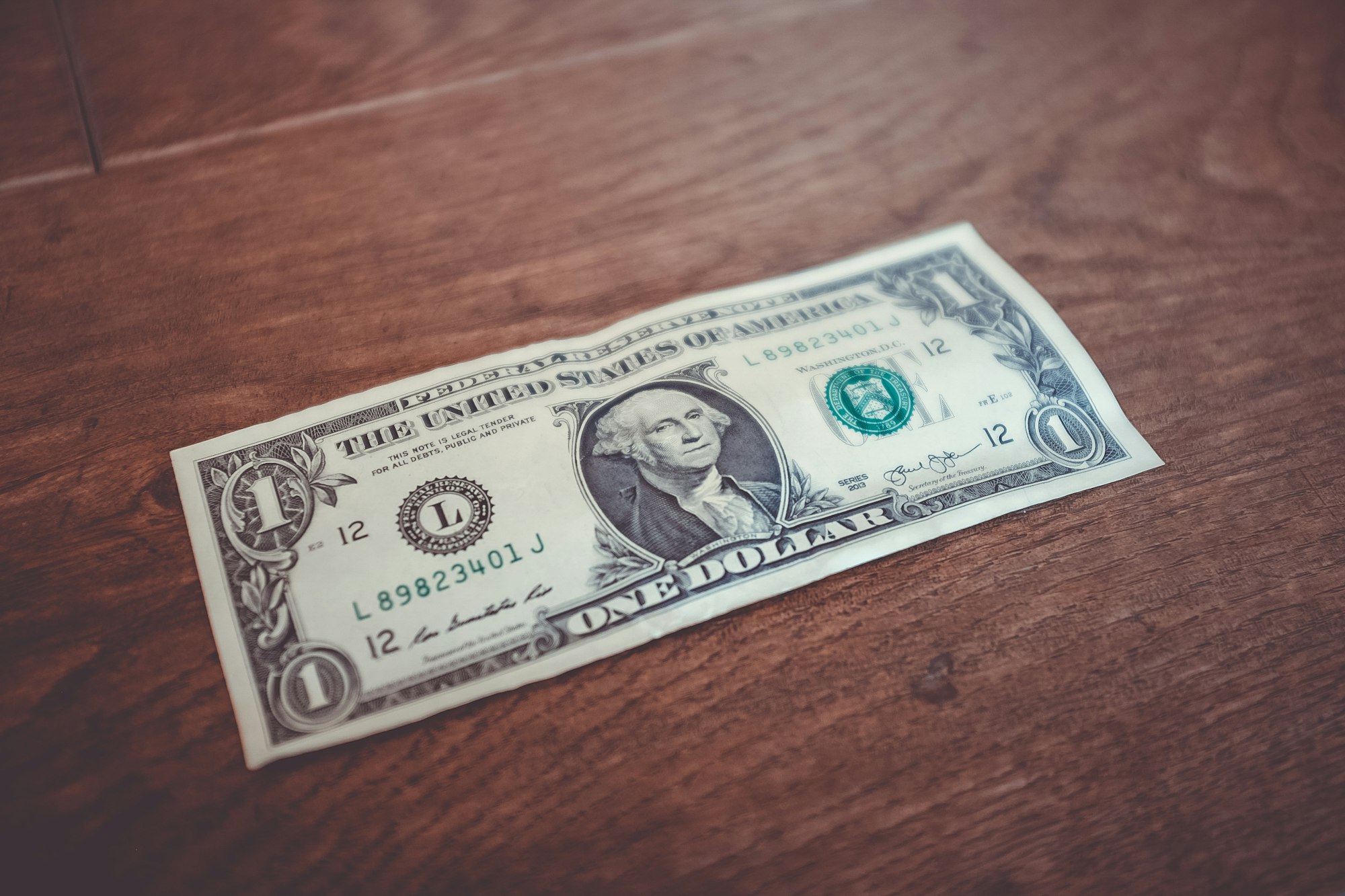What NH loses if it no longer goes first in the presidential primary

Presidential candidates walking in parades and chatting with diners at the local greasy spoon. The national press corps tagging along for stump speeches at barbecues and veterans halls. A never-ending stream of televised political ads and candidate Q&As.
Every four years, New Hampshire becomes the center of the American political universe, all thanks to the state’s first-in-the-nation primary.
With that calendar position now threatened by a Democratic National Committee panel’s preference for South Carolina – a move that has the support of President Joe Biden – New Hampshire voters, politicians, and activists have to consider what losing the primary spotlight might mean.
For Jennifer Diggs, an artist who lives in Warner, elbowing out other states to preserve New Hampshire’s first-in-the-nation primary matters far less than other issues facing the state and country.
“I have no real loyalty to that,” she said. “Of all the problems, that’s kind of low on the list. I feel like at this point in time, maybe we need to change our outlook on what’s important.”
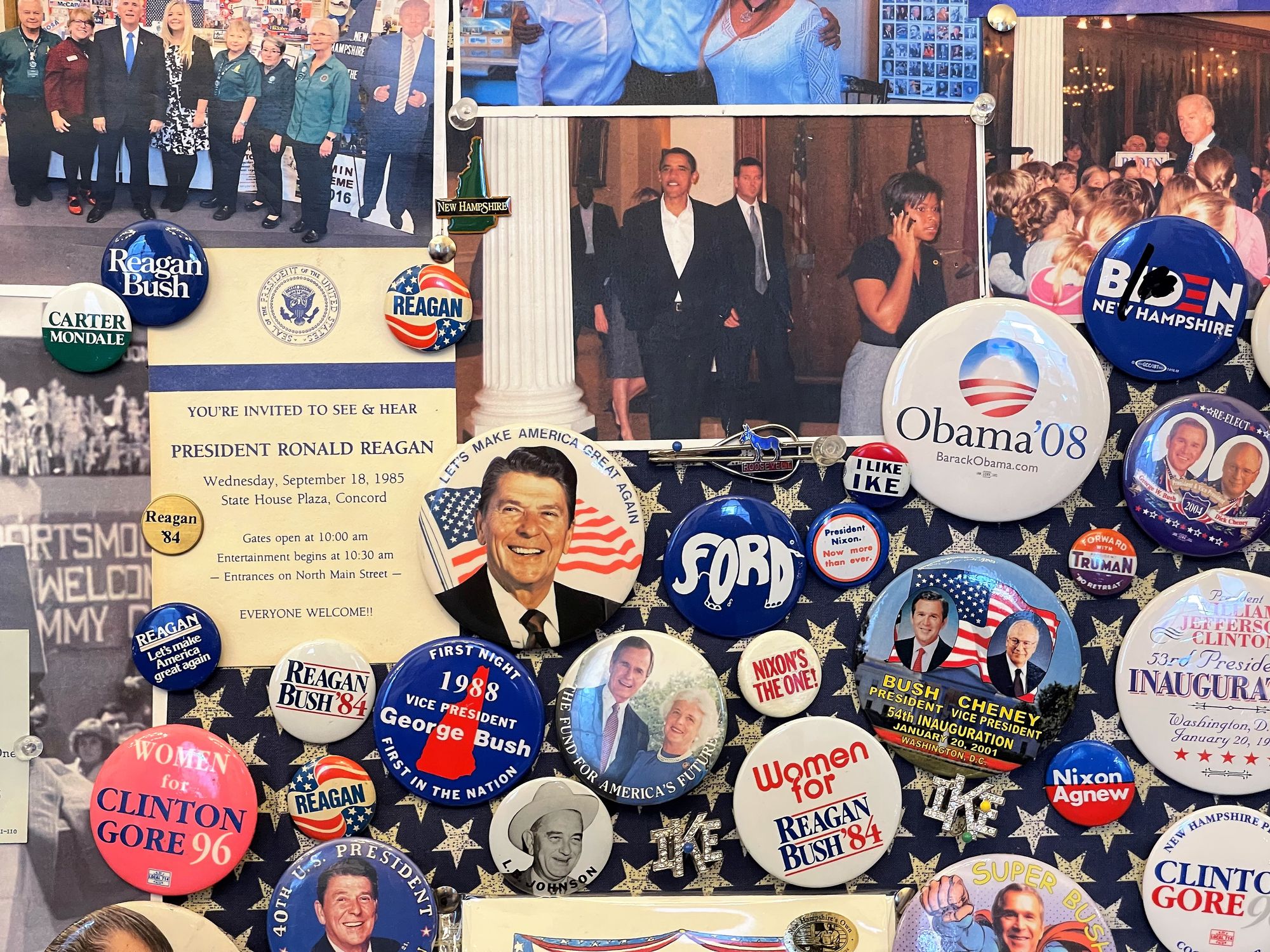
Many politicians and political insiders show no sign of doing that. They’ve reacted with concern, disappointment, and anger to the DNC proposal to put New Hampshire later in the primary calendar, insisting the state take all possible steps to ensure it goes first. But even if it does, the consequences from the DNC for holding what it views as an outlaw primary could downgrade the significant role the primary has played in the past, according to political analysts.
For the political elite, there’s a lot at stake in preserving the state’s primacy: like political power, influence, and national relevance. While regular citizens could lose a New Hampshire tradition that’s long afforded access to high-profile candidates, some believe it’s the right time for the state to step aside.
Benjamin Doyle, a 17-year-old senior at Portsmouth High School, is among them. Doyle partook in the primary fanfare in 2019, when he got to see Bernie Sanders speak. But he believes the move is the right thing to do because it would help empower minorities – one of the reasons the DNC wants South Carolina to go first is because people of color make up a much bigger part of the electorate than in New Hampshire. Doyle said giving those voices a bigger say in the process is badly needed.
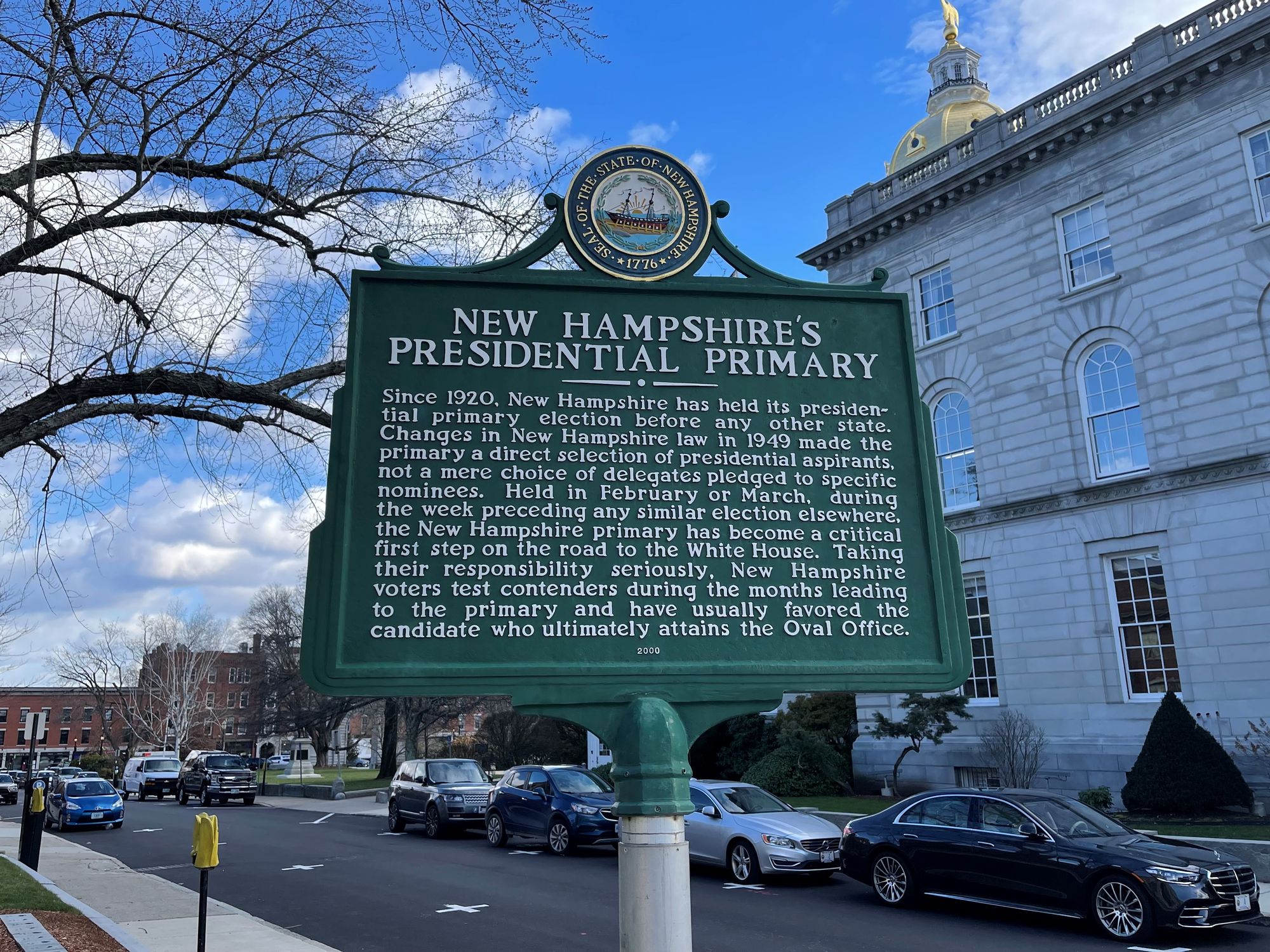
And like Diggs, he believes other issues are more important than preserving the state’s primacy: abortion rights, the influence of the libertarian-leaning Free State Project on local and state government, education, climate, and guns all rank higher in his mind.
Money and power
But for politicians and political elites, defending the primary is a top concern because they want to preserve the state’s political power.
“There’s a grave concern among political elites that if we are not in the first-in-the-nation perch, that we will become an afterthought in the presidential nomination process,” said Dante Scala, a political scientist at the University of New Hampshire. “We would no longer be that white-hot center of political attention the way we have been at least for a brief time in American politics.”
And lawmakers, in particular, are loath to give that up.
“I would be surprised if it was not top of mind of everybody in the state legislature just because it’s so much part of state politics,” said Chris Galdieri, a political scientist and professor of politics at Saint Anselm College in Manchester.
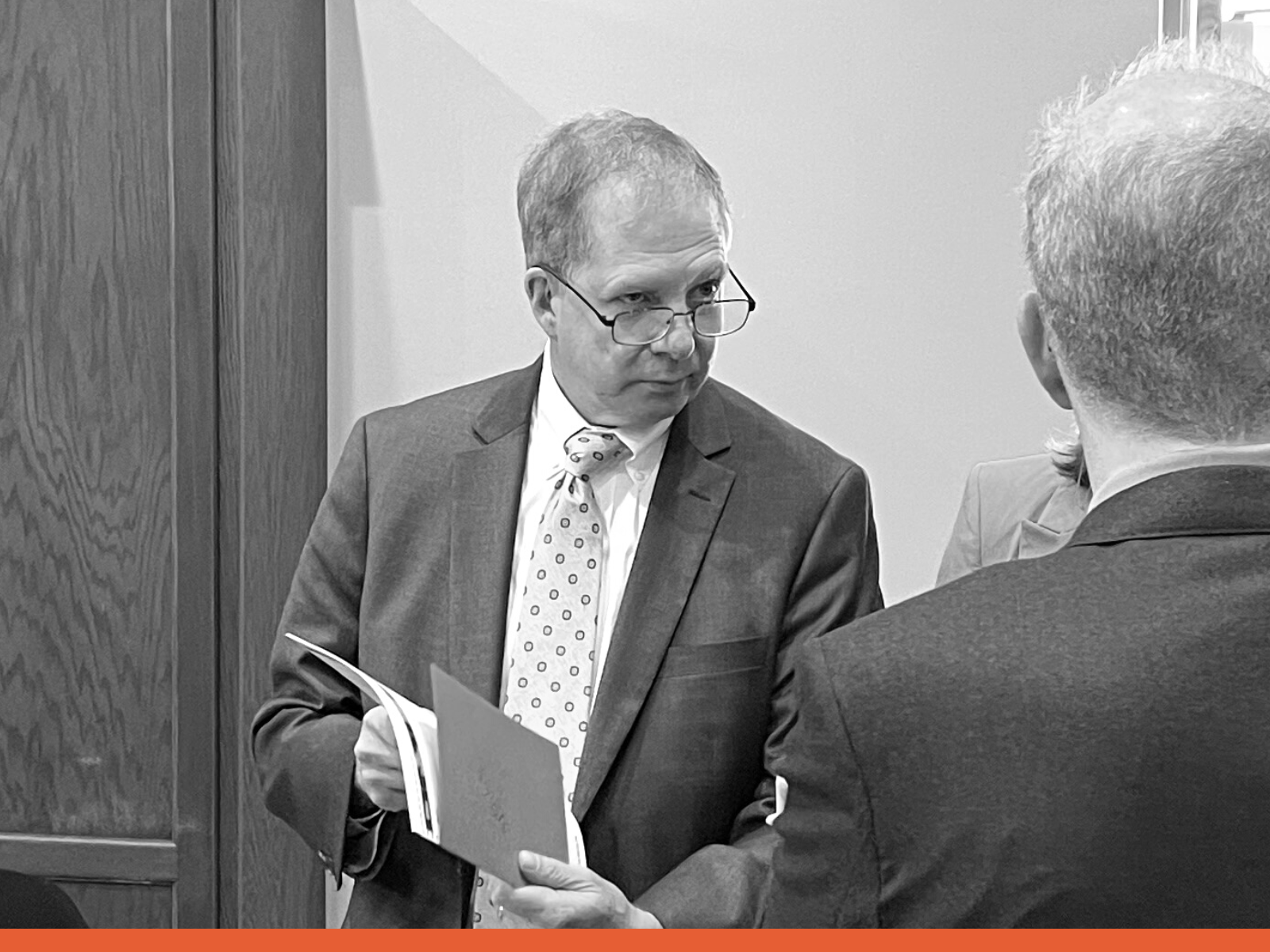
The stakes are high for lawmakers with ambitions, who can make a lot more money if a presidential candidate attends their fundraising picnic, he said. If New Hampshire isn’t first, it’s less likely high-profile candidates would bother spending as much, if any, time here ahead of the primary, he said.
The state would also lose the economic bump it gets from all of the visitors and attention those candidates bring with them that benefit restaurants and hotels.
A big voice
For decades, New Hampshire voters have had an outsized voice in the presidential nominating process. The state doesn’t always pick the eventual nominee, but voters do play a role in narrowing a broad field of candidates and showing the rest of the nation which candidates are able to run a successful campaign and connect with voters, according to Galdieri.
“By going so early in the process, New Hampshire does a lot to really determine which of these candidates are viable and which ones are going to go on to the next stage of the process,” Galdieri said.
“It’s the first concrete information about how these candidates perform when confronted with actual voters,” he said.
Losing that privileged position means New Hampshire would become less relevant to the national story.
Influence
New Hampshire-based activists also stand to lose influence.
“I can’t even tell you how many activists I’ve met who have that story about meeting the candidate or having the candidate in their living room or being the one who said something to the candidates that persuaded them to campaign differently,” Scala said.
Losing that access, he said, would pain activists much more than it would the average voter.
Martha Madsen, a Hopkinton resident who heads a nonprofit focused on civics education, meets the prospect of losing the first position with some ambivalence: She could take or leave the fervor that surrounds the primary.
“All the signage, all the events – it’s exciting, it’s festive, but it can also be unpleasant,” she said. “It’s like a party that can go bad.”
It’s exciting, it’s festive, but it can also be unpleasant. It’s like a party that can go bad.
Madsen works in civics education and said while the primary can be a great teaching opportunity, there are many other opportunities to teach young people about civic engagement.
Madsen has lived in the state since 1996, and in that time she’s met Barack Obama, Pete Buttigieg, and others. She likes that the primary is an opportunity to meet candidates in intimate settings, like house parties. “You do get a sense of who somebody is,” she said. “You get a sense of how tall they are, how they carry themselves, how they are with children.”
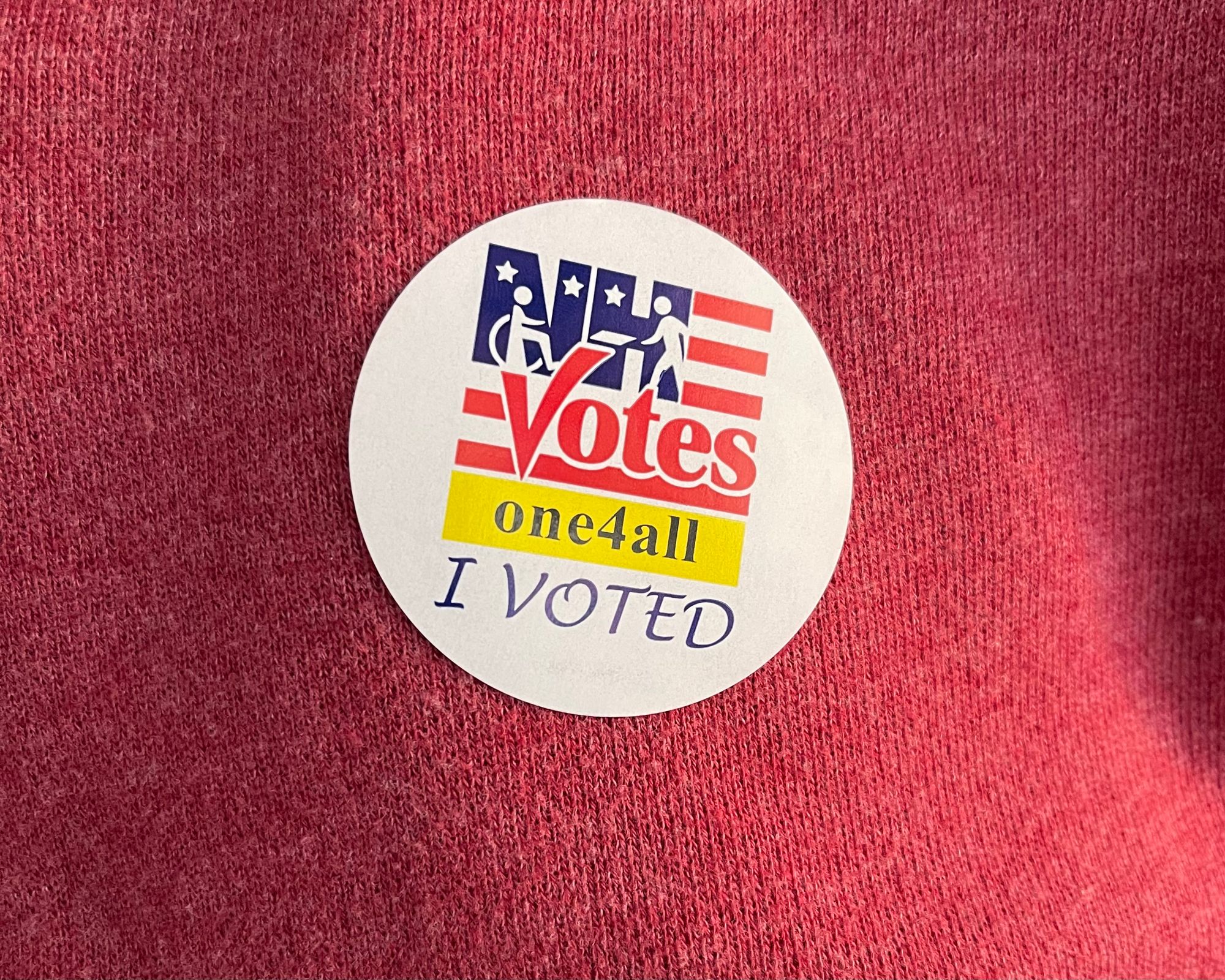
But some of those opportunities for intimate, unscripted interaction with candidates have already disappeared, as some campaigns have moved more events online.
In the past, candidates had to be on the ground, campaigning in person to meet voters and get local newspaper coverage. Now, campaigns can reach many of those voters through Facebook, national coverage, and YouTube ads, said Anna Brown, executive director of Citizens Count, a nonprofit policy analysis organization.
“We’ve already lost some of that really special, in person, one-on-one interaction,” she said. Nonetheless, she believes moving down the primary calendar would be a big loss for voters in the state.
This story was produced by the editorially independent New Hampshire Bulletin, which is part of States Newsroom. Contact Editor Dana Wormald for questions: info@newhampshirebulletin.com.
